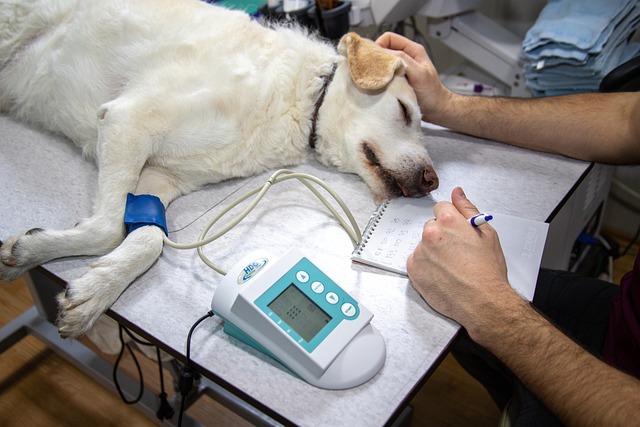
Antinous Odyssey
Introduction
Antinous, a character from Homer's Odyssey, stands out as one of the most notorious suitors of Penelope, the wife of Odysseus. His actions and motivations provide insight into the themes of hospitality, loyalty, and the consequences of hubris that permeate the epic. This article explores Antinous's role in the narrative, his character traits, and the implications of his actions within the context of the story.
Background of Antinous
In the Odyssey, Antinous is depicted as the son of Eupeithes and one of the leading suitors vying for Penelope's hand during Odysseus's prolonged absence. His prominence among the suitors is marked by his arrogance and disregard for the customs of xenia, or guest-friend hospitality, which is a central theme in Greek culture.
Antinous's Actions
Antinous's character is primarily defined by his antagonistic actions towards Odysseus and his family. He is not only a suitor but also a schemer who actively plots against Telemachus, Odysseus's son. In one notable attempt, he conspires with other suitors to ambush Telemachus as he returns from visiting Menelaus, reflecting his willingness to resort to violence to achieve his goals.
Disregard for Xenia
One of the most significant aspects of Antinous's character is his blatant disregard for the principle of xenia. Rather than honoring the hospitality extended to him and the other suitors by Odysseus's household, Antinous and his companions consume the resources of Odysseus's estate without any sense of gratitude or respect. This violation of hospitality not only highlights his selfishness but also serves as a catalyst for the eventual downfall of the suitors.
Relationship with Penelope
Antinous's pursuit of Penelope is marked by a sense of entitlement. He believes that, in Odysseus's absence, he has the right to claim her as his own. In some interpretations, it is suggested that he even attempts to seduce her, showcasing his manipulative nature. However, Penelope remains loyal to Odysseus, which ultimately leads to the suitors' demise.
Consequences of Antinous's Actions
The culmination of Antinous's actions occurs when Odysseus returns to Ithaca. His arrogance and treachery do not go unpunished. During the climactic battle in the hall, Odysseus, with the help of Telemachus and loyal servants, exacts revenge on the suitors. Antinous is one of the first to fall, shot by Odysseus's arrow as he prepares to drink from a cup, symbolizing the consequences of his hubris and disrespect.
Conclusion
Antinous serves as a critical figure in the Odyssey, embodying the themes of arrogance and the violation of hospitality. His actions not only propel the narrative forward but also underscore the moral lessons that the epic conveys. Through Antinous, Homer illustrates the dangers of unchecked ambition and the importance of loyalty and respect within human relationships.

















 Getting the Lowdown on Bikini Waxing Videos
Getting the Lowdown on Bikini Waxing Videos 
 Health
Health  Fitness
Fitness  Lifestyle
Lifestyle  Tech
Tech  Travel
Travel  Food
Food  Education
Education  Parenting
Parenting  Career & Work
Career & Work  Hobbies
Hobbies  Wellness
Wellness  Beauty
Beauty  Cars
Cars  Art
Art  Science
Science  Culture
Culture  Books
Books  Music
Music  Movies
Movies  Gaming
Gaming  Sports
Sports  Nature
Nature  Home & Garden
Home & Garden  Business & Finance
Business & Finance  Relationships
Relationships  Pets
Pets  Shopping
Shopping  Mindset & Inspiration
Mindset & Inspiration  Environment
Environment  Gadgets
Gadgets  Politics
Politics 